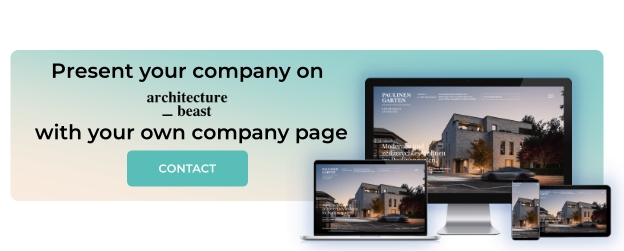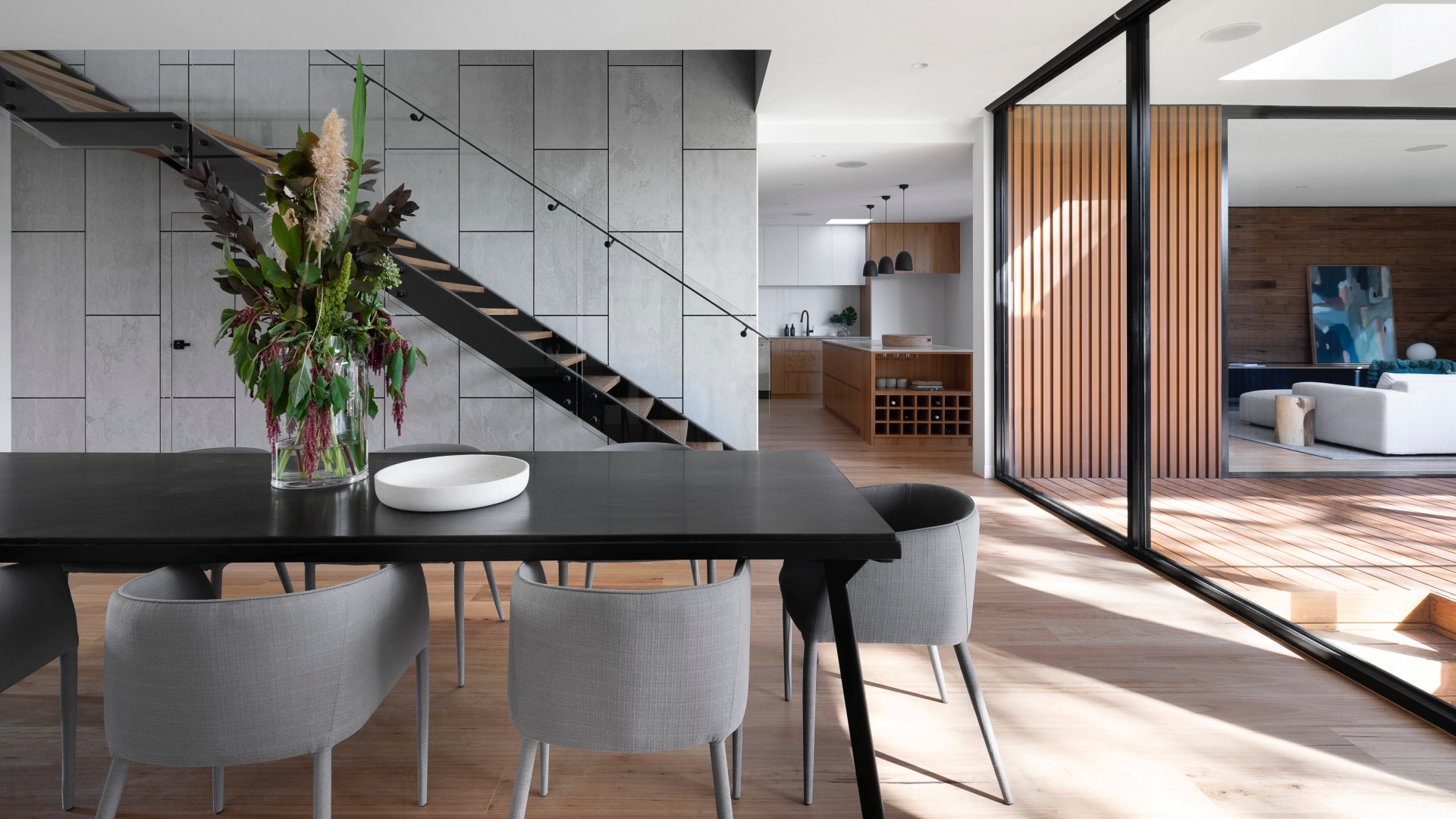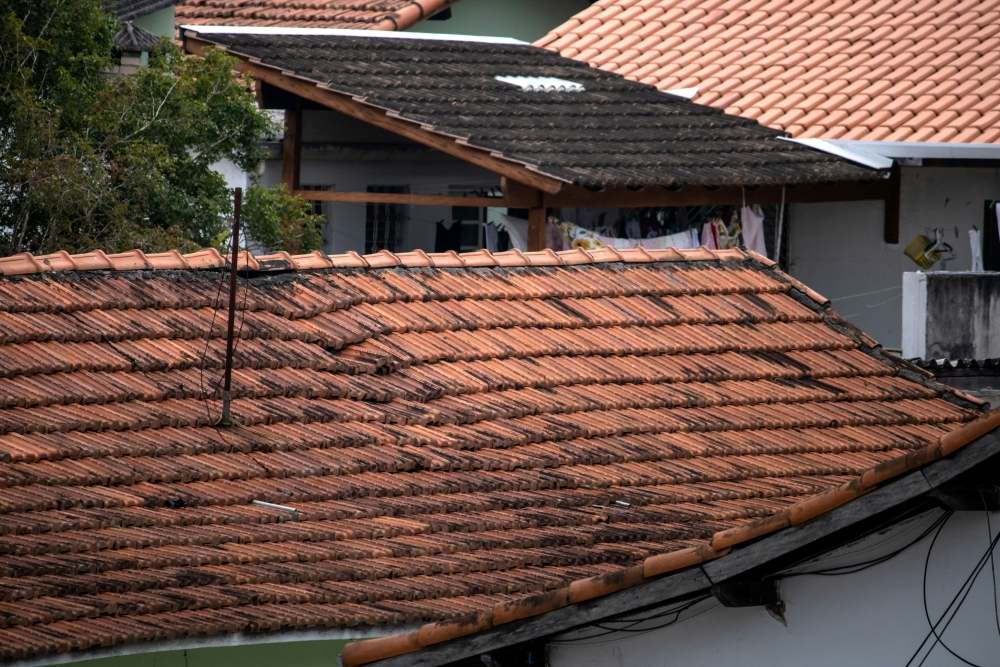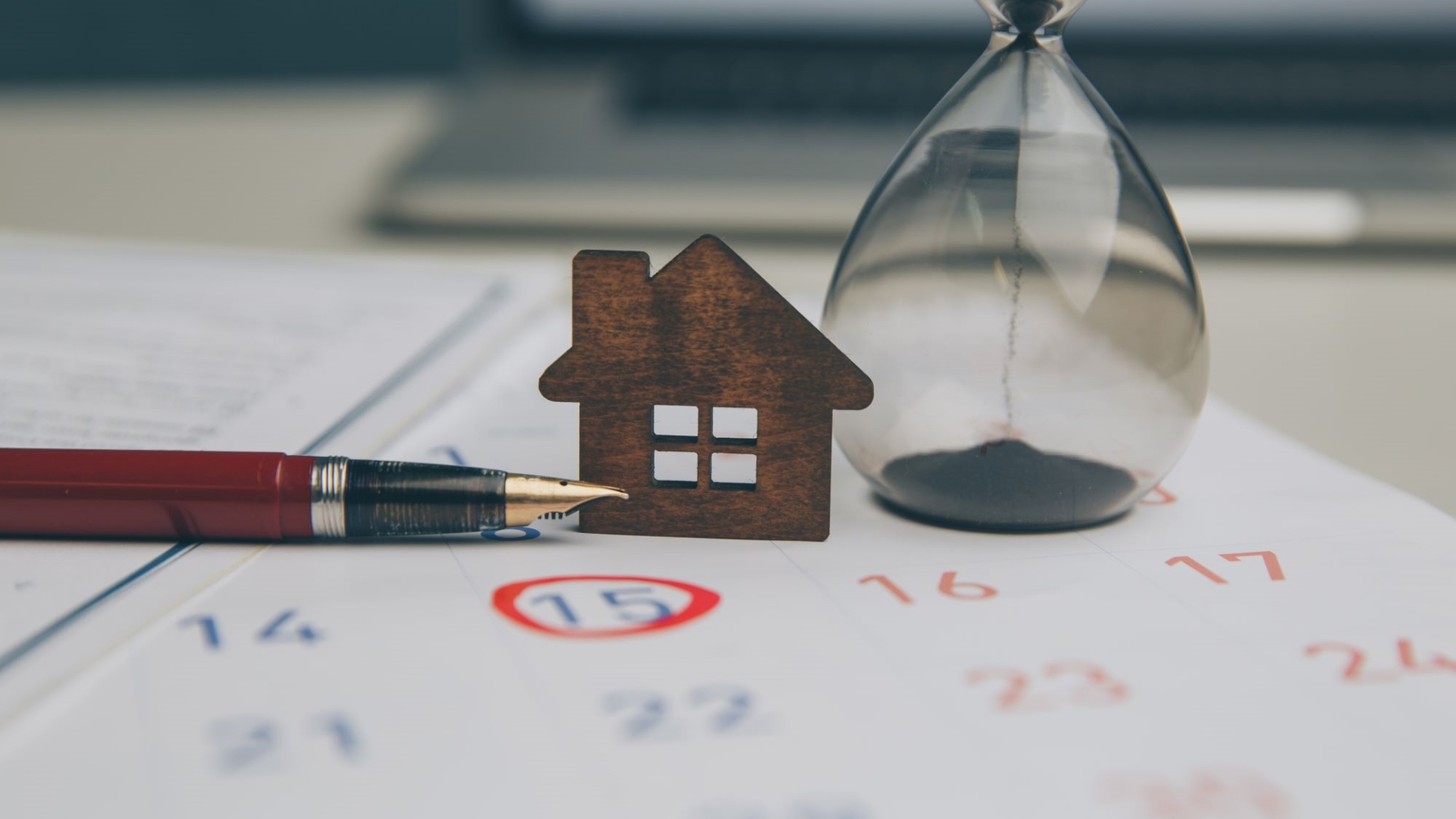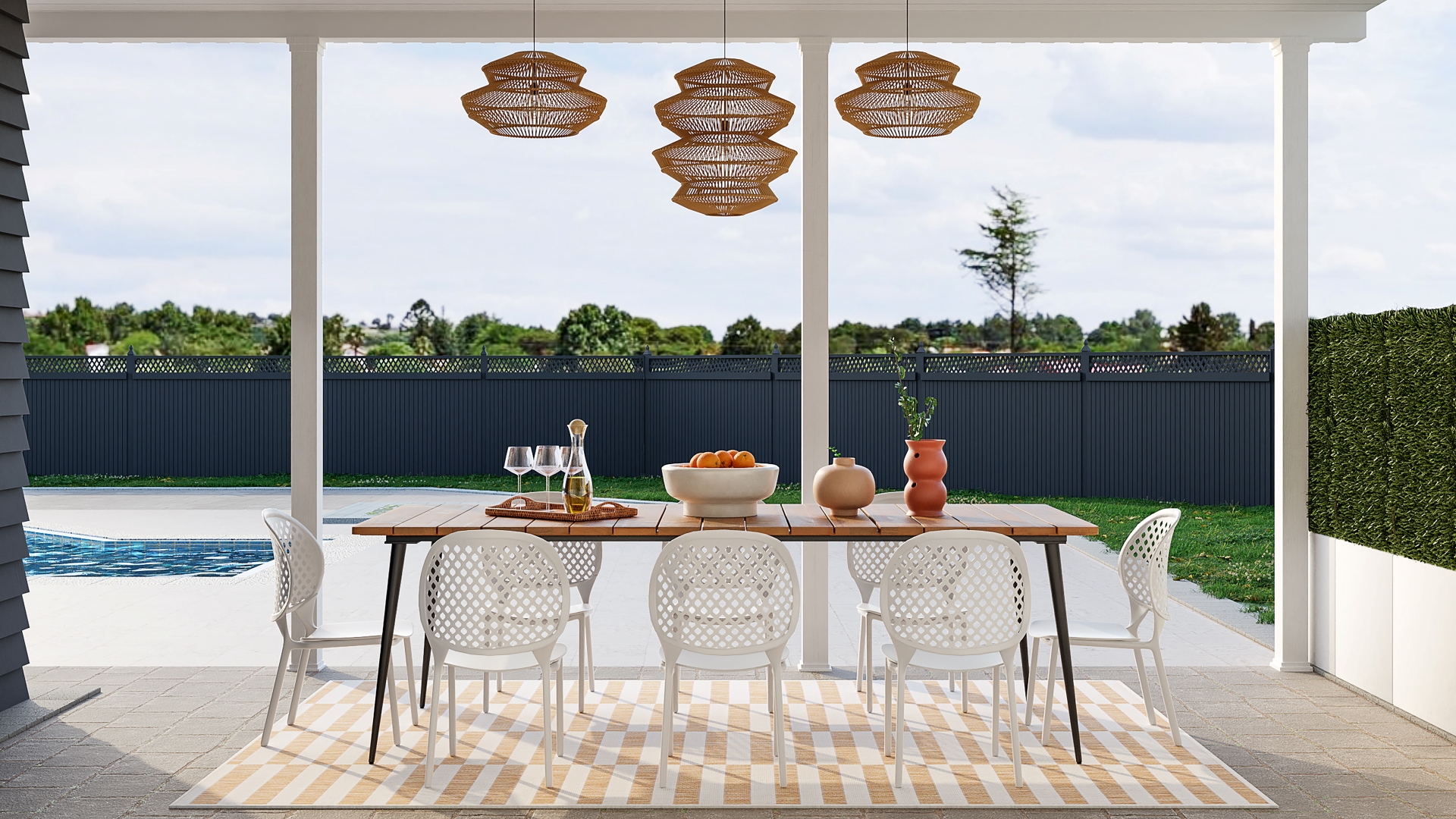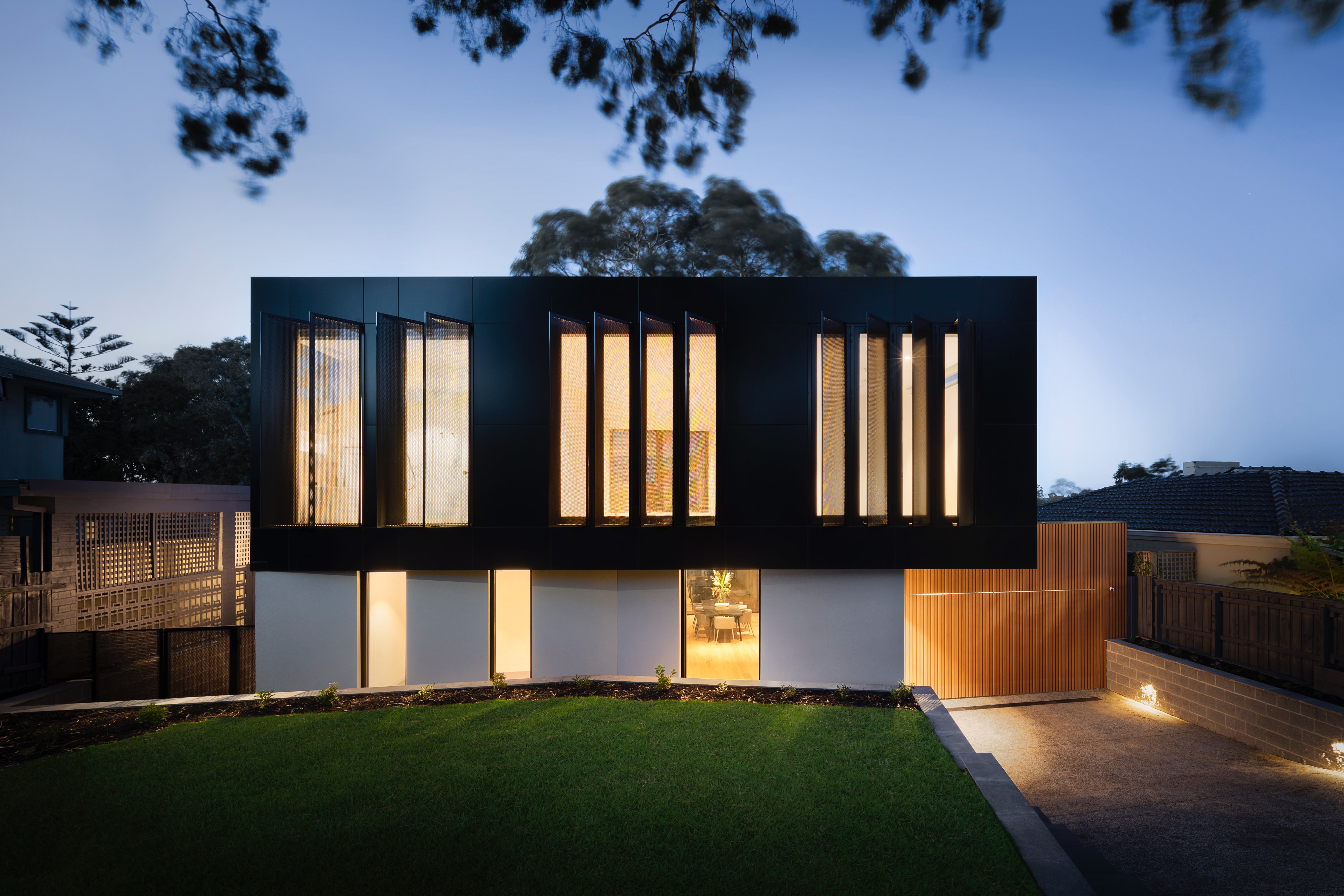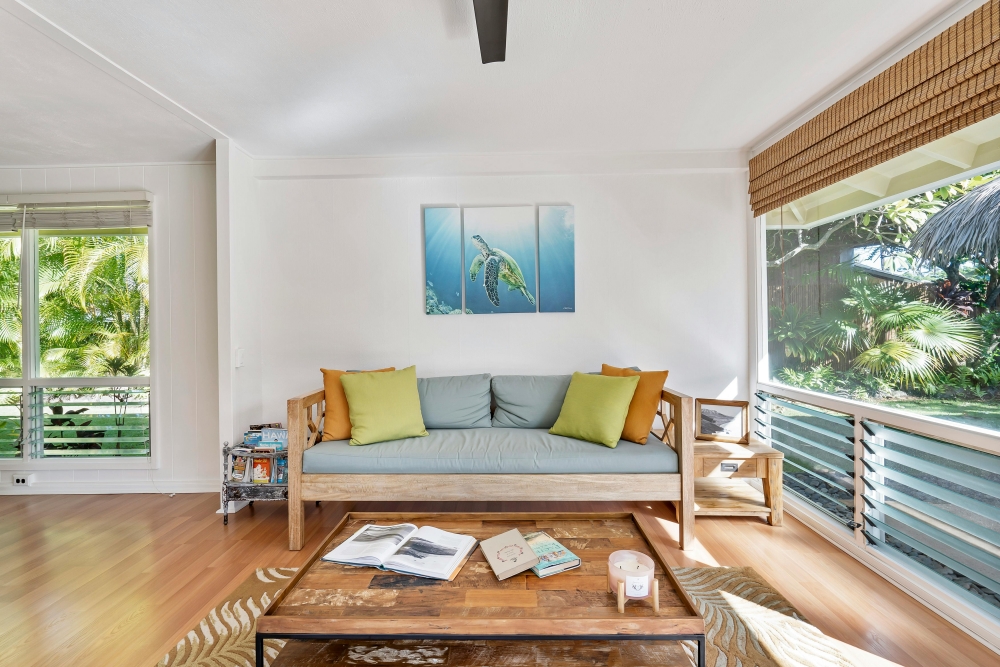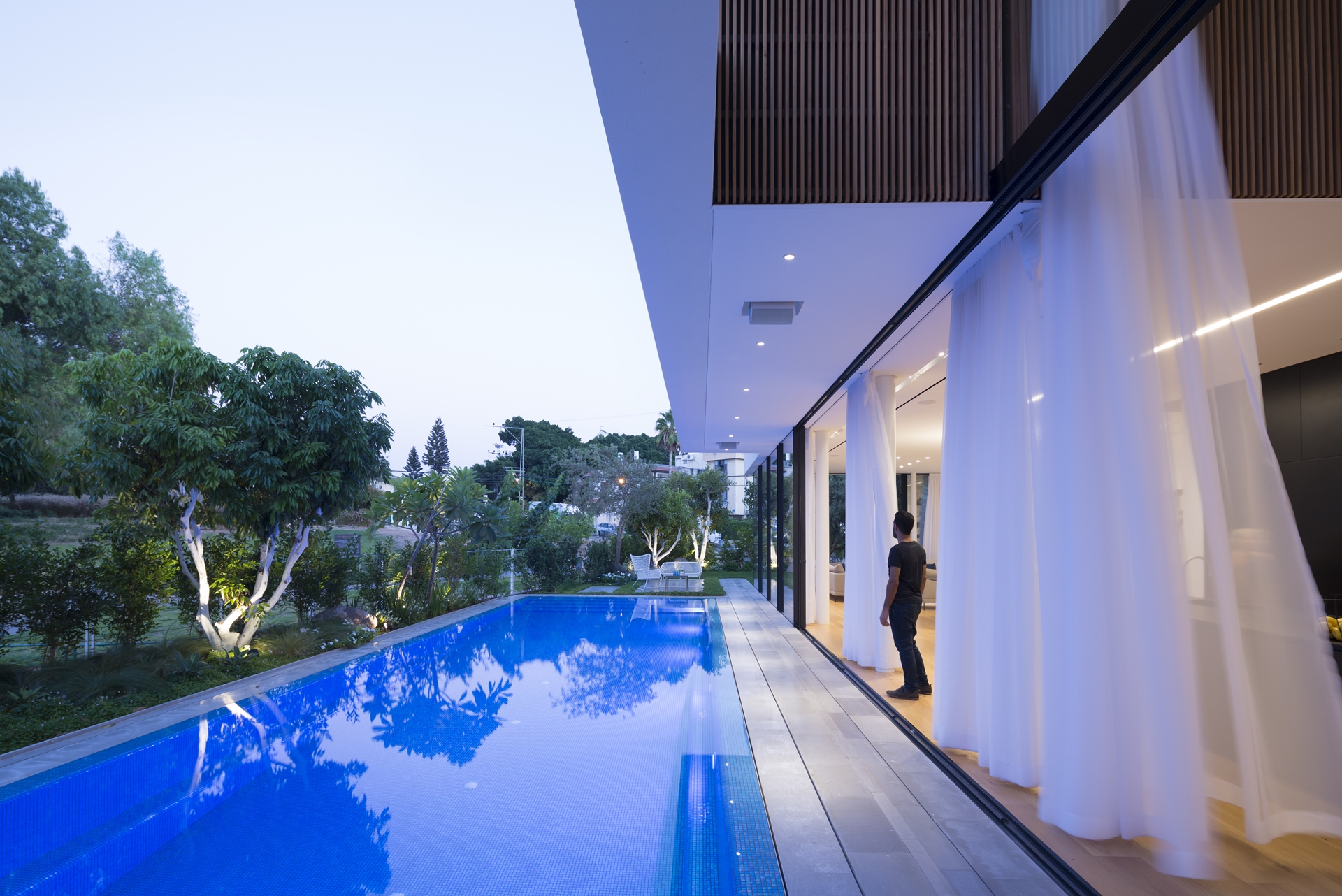When it comes to creating the perfect living space, nothing beats the satisfaction of building a custom home. A custom home is designed and built specifically for you, taking into account your unique needs, preferences, and lifestyle.
What is a Custom Home?
A custom home is a one-of-a-kind house built from the ground up according to the homeowner’s specifications. Unlike production homes or pre-designed models, custom homes offer complete control over every aspect of the design and construction process. From the layout and size to the materials and finishes, every detail is tailored to the homeowner’s desires.
Benefits of Building a Custom Home
Building a custom home offers numerous advantages that go beyond simply having a new house. These benefits can significantly enhance your quality of life and provide long-term satisfaction with your living space. Let’s explore some of the key advantages of opting for a custom-built home:
1. Personalization
The most significant advantage of building a custom home is the ability to personalize every aspect of your living space. You can create a home that perfectly reflects your taste, lifestyle, and needs.
2. Quality Control
With a custom home, you have more control over the quality of materials and craftsmanship used in construction. This can lead to a higher-quality finished product that stands the test of time.
3. Energy Efficiency
Custom homes can be designed with energy efficiency in mind from the start. This can include features like better insulation, energy-efficient appliances, and solar panels, potentially leading to lower utility bills in the long run.
4. Lot Selection
When building a custom home, you have the freedom to choose the perfect lot for your new house. This allows you to take advantage of views, natural surroundings, or specific neighborhood amenities.
5. Future-Proofing
Custom homes can be designed with future needs in mind, such as aging-in-place features or the potential for expansion, ensuring that your home will continue to meet your needs for years to come.
The Custom Home Building Process
Embarking on the journey of building a custom home involves several key stages, each crucial to bringing your dream home to life. Understanding this process can help you prepare for what lies ahead and ensure a smoother experience throughout the construction of your new home. Here’s an overview of the typical steps involved:
1. Planning and Design
The first step in building a custom home is planning and design. This phase involves working with architects, designers, and professional Delaware custom home builders to create a detailed plan for your new home. During this stage, you’ll make decisions about the layout, size, style, and features of your home.
2. Obtaining Permits and Approvals
Before construction can begin, you’ll need to obtain the necessary permits and approvals from local authorities. This process may involve submitting your plans for review and making any required adjustments to meet local building codes and regulations.
3. Site Preparation
Once permits are in place, the construction site needs to be prepared. This typically involves clearing the land, grading the site, and laying the foundation for your new home.
4. Construction
The construction phase is where your custom home starts to take shape. This process typically includes:
– Framing: Building the skeleton of your home
– Roofing: Installing the roof structure and materials
– Exterior finishing: Adding siding, windows, and doors
– Plumbing and electrical: Installing necessary systems
– Interior finishing: Adding drywall, flooring, and other interior elements
5. Final Inspections and Move-In
After construction is complete, your home will undergo final inspections to ensure it meets all building codes and standards. Once approved, you’ll be ready to move into your new custom home.
Choosing a Custom Home Builder
Selecting the right custom home builder is crucial to the success of your project. Here are some factors to consider:
1. Experience and Reputation
Look for a builder with a proven track record of successful custom home projects. Check online reviews, ask for references, and visit completed homes if possible.
2. Communication Skills
Building a custom home requires clear and frequent communication. Choose a builder who is responsive, listens to your needs, and keeps you informed throughout the process.
3. Financial Stability
Ensure your chosen builder is financially stable and has the resources to complete your project without delays or compromises.
4. Warranty and After-Sales Service
A reputable custom home builder should offer a comprehensive warranty and be willing to address any issues that arise after you move in.
5. Compatibility
Building a custom home is a collaborative process. Choose a builder whose personality and working style align well with yours.
Budgeting for Your Custom Home
Building a custom home can be a significant financial investment. Here are some tips for budgeting effectively:
1. Set a Realistic Budget
Determine how much you can comfortably afford to spend on your new home, including a buffer for unexpected expenses.
2. Prioritize Your Must-Haves
Make a list of essential features and those that are nice-to-have but not crucial. This will help you make informed decisions if you need to cut costs.
3. Consider Long-Term Costs
Factor in ongoing expenses such as property taxes, utilities, and maintenance when planning your budget.
4. Get Detailed Quotes
Obtain detailed quotes from multiple builders to ensure you’re getting a fair price for your custom home.
5. Plan for Contingencies
Set aside a portion of your budget (typically 10-20%) for unexpected costs or changes during the construction process.
Challenges in Custom Home Building
While building a custom home can be incredibly rewarding, it’s important to be aware of potential challenges:
1. Time Commitment
Custom home projects often take longer than purchasing a pre-built home. Be prepared for a process that could last several months to a year or more.
2. Decision Fatigue
Building a custom home involves making countless decisions. This can be overwhelming for some homeowners.
3. Budget Overruns
Unexpected costs or changes in plans can lead to budget overruns. Careful planning and a contingency fund can help mitigate this risk.
4. Coordination of Professionals
Custom home building involves coordinating various professionals, including architects, designers, and contractors. This can sometimes lead to communication challenges or delays.
5. Zoning and Regulatory Issues
Navigating local zoning laws and building regulations can be complex and time-consuming.
Conclusion
Building a custom home is an exciting and rewarding journey that allows you to create a living space perfectly tailored to your needs and desires. While the process can be challenging at times, the end result is a unique home that reflects your personality and lifestyle. By carefully selecting a reputable builder, planning your budget effectively, and staying involved throughout the process, you can turn your dream home into a reality.



